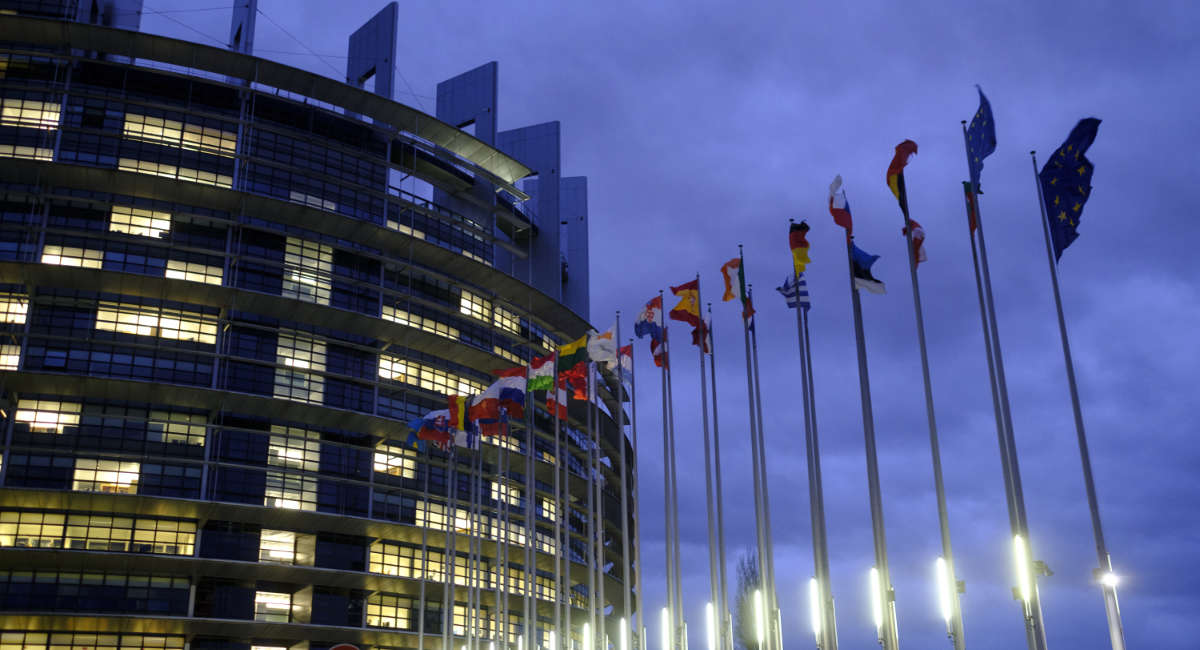Last year, a firestorm erupted in countries across Europe following the European Union’s vote on July 7, 2022 to condemn the overturning of Roe v. Wade by the U.S. Supreme Court. Taking it a step further, the European Parliament proposed enshrining a “right to abortion” in the European Union’s Charter of Fundamental Rights.
The Commission of the Bishops’ Conferences of the European Union is now speaking out. They issued a statement last week expressing opposition to the proposal, arguing that respect for human dignity is woven into the Charter and that human life should be respected at every stage of development.
“The European Court of Human Rights has never declared abortion to be a human right protected by the European Convention on Fundamental Rights,” the bishops stated. “On the contrary, it has declared the right to life as a fundamental human right and confirmed in its case law that it is a legitimate objective for the Contracting States of the Convention to protect the unborn life.”
According to the Center for Reproductive Rights, 95% of women in Europe can get abortion services on demand. Right now, only a small number of European countries (Andorra, Liechtenstein, Malta, Monaco, and Poland) have either restricted abortion or have strict limitations.
However, as the bishops noted in their statement, there is no recognized right to abortion in European or Intentional law, and the EU Charter of Fundamental Rights has never endorsed a right to abortion.
They wrote, “Human dignity is an overarching value in the EU Treaties and Charter. The founding fathers of the European Union, based on the genuine humanistic tradition that makes Europe what it is, were very conscious of the fundamental importance of the inalienable dignity of the human being. Respect for the dignity of every human being in every stage of its life, especially in situations of complete vulnerability, is a fundamental principle in a democratic society.”
Sadly, in recent years, the European Court of Human Rights has repeatedly violated its commitment to respecting the human dignity of every person. In 2021, a report from the European Center for Law and Justice alleged that the ECHR was harassing Poland for its pro-life stance, bringing a number of cases against the country for its ban on eugenic abortions.
But there is hope. Just last month, Live Action News reported that a group of abortion activists claimed a Polish law protecting preborn children with disabilities from abortion violated their human rights. The ECHR ruled their case was inadmissible due to lack of evidence.
The ongoing “abortion rights” controversy in Europe highlights the importance of continuing to shed light on the reality of abortion. While the overturning of Roe v. Wade in the United States marked a pivotal step for the pro-life movement across the globe, the battle is far from over.







